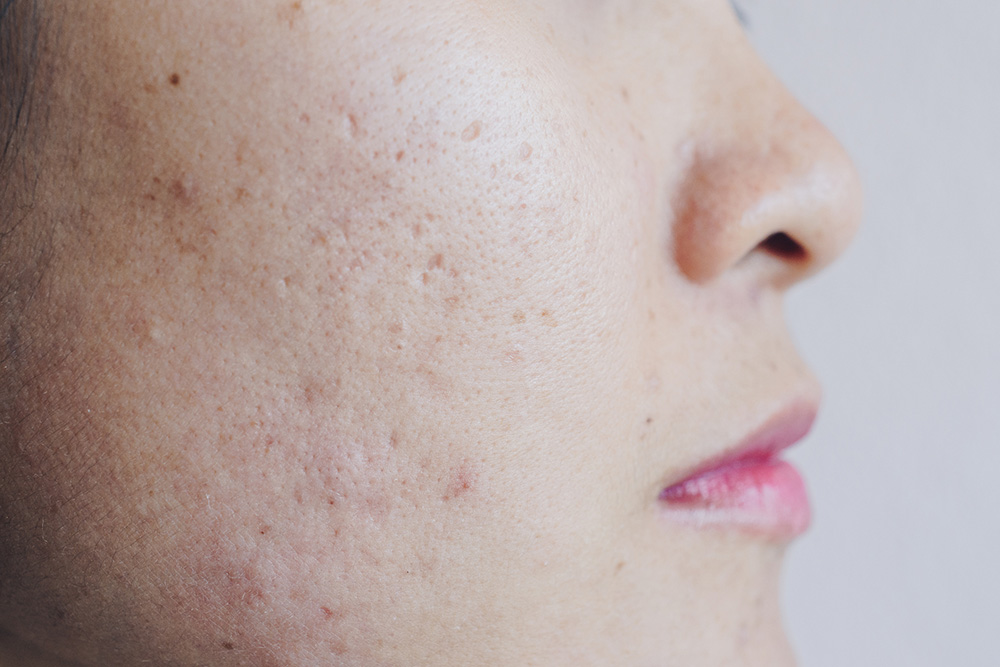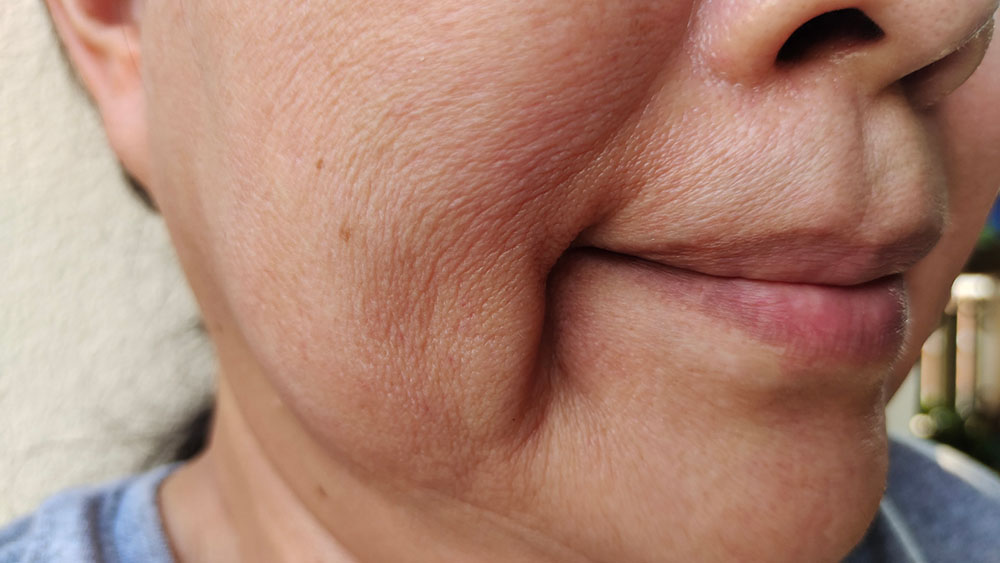When it comes to improving skin condition, Dr. David LaMond is a big fan of topical vitamin A, also known as retinoids. Read below to learn a few things about retinoids and retinol benefits that you may not already know.
Retinoids Are Good for Your Eyes
There’s a common misconception that retinoids should never be applied to the eye area, but the exact opposite is true. Not only is it safe, that’s where retinoids can be the most effective at reversing skin damage.
All Retinoids are Not Created Equally
Prescription formulas contain retinoic acid, which fights visible aging. Nonprescription alternatives, however, need to be converted into retinoic acid by the skin at the cellular level. In off-the-shelf options, the ingredient called retinol is the only derivative of vitamin A worth using. While there are studies that suggest retinol is more gentle than retinoic acid, they essentially do the same thing, only results will take longer with retinol.
Retinoids Do Not Exfoliate Your Skin
Because of the redness and irritation often associated with retinoid products, it was a common assumption that exfoliation was the key to their results. However, retinoids actually work on a much deeper level, enhancing collagen production, skin smoothing, and evening out pigmentation.
Don’t Get Discouraged if Results Aren’t Immediate
While many over-the-counter creams promise results in a few weeks, it can often take up to 12 weeks for a noticeable change to take place. Stick with the program for at least that long before calling it quits.
Retinoids Do Not Increase the Risk of Sunburn
This myth is derived from early studies where some patients experienced a sunburn shortly after applying retinol, but recent clinical studies have debunked this theory. It is true that retinoids can break down in sunlight, which is why they are often bottled in opaque packaging. However, that’s only to prevent them from being rendered inactive, not to prevent burns on your skin.
You Shouldn’t Stop Using Retinoids if Your Skin Becomes Irritated
Irritation is all a part of the process. After two to three weeks, you skin should adapt and will begin to tolerate the active ingredient. However, if problems persist or become extremely uncomfortable, pull back on your retinoid usage or consult your physician.
The Benefits of Retinol Last Longer Than You Think
While some believe you may only see results for six months, but many clinical studies show results lasting well over a year. And after that year is up? It may just be time to look into a stronger prescription of retinoids.
Stay tuned to hear more updates about our upcoming skin care line! In the meantime, if you would like to experience vitamin A benefits for your skin or skincare regime, contact Blue Sky MD for a free aesthetic consultation.





